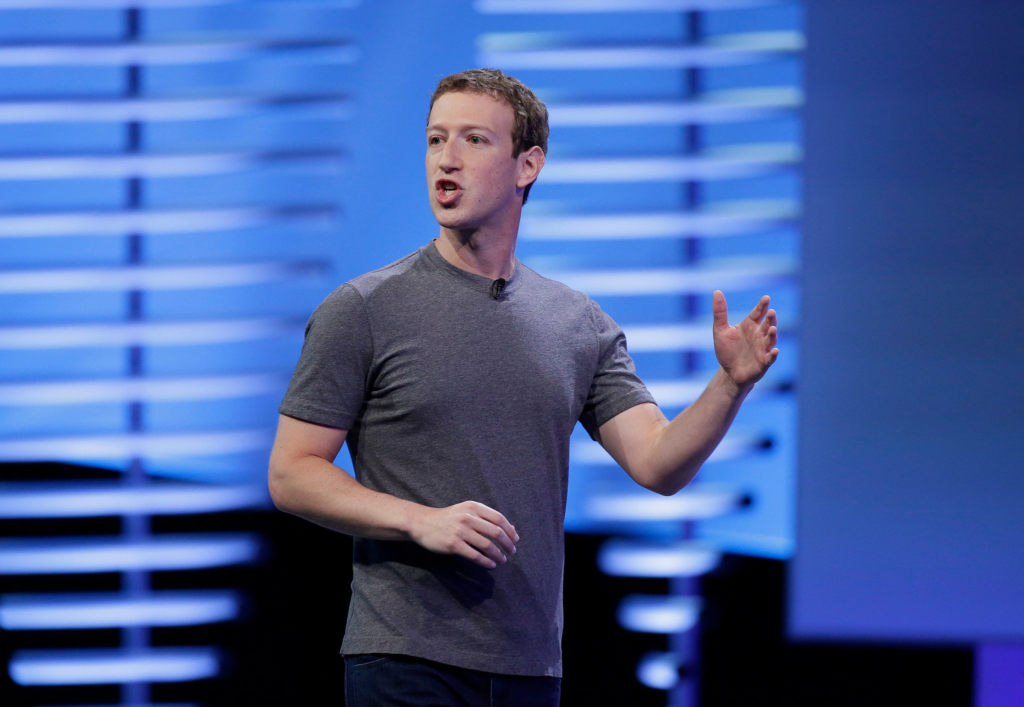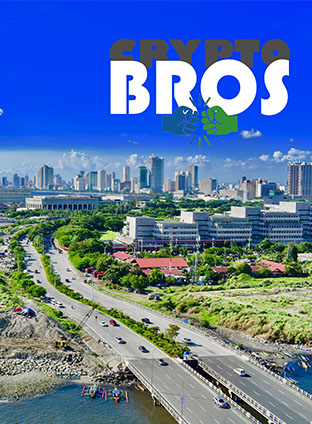
In a recent Meta headset presentation, CEO Mark Zuckerberg demonstrated his unrelenting excitement for the future of remote work. This protest occurs at a key time as Meta struggles with internal arguments about workplace regulations.
While Zuckerberg sees a future in which immersive technology like Meta’s alters remote work, some employees are suffering as a result of their resistance to going back to the conventional office setting. This article explores the many viewpoints inside Meta as well as the prospective effects of Meta’s headsets on the nature of work in the future.
Zuckerberg’s Plan for Remote Work
The concept that the metaverse, fueled by immersive technologies like virtual and augmented reality, would revolutionize the way we work has long been supported by Mark Zuckerberg. He highlighted the potential for Meta’s cutting-edge headsets to construct virtual workplaces that might facilitate smooth remote collaboration during the most recent demonstration. The metaverse, in Zuckerberg’s opinion, has the potential to cross regional barriers and develop a global workforce united through immersive experiences.
The Push for Office Return
Within Meta, certain groups are pushing for a return to conventional office environments. They contend that being close by encourages imagination, impromptu encounters, and a deeper sense of team cohesiveness. Some workers believe that working remotely might cause isolation and undermine the collaborative culture that the organization depends on.
It has become clear as Meta navigates this internal conflict that there are repercussions for those who refuse to go back to work. According to reports, some employees may have had less prospects for progress and promotions as a result of their decision to work remotely. This has sparked worries about the firm perhaps developing a two-tiered structure.
The Impact that Meta’s Headsets Might Have
Meta’s headsets have the potential to be a game-changer as the discussion over regulations for remote work continues. The Quest 3 could provide a middle ground between office and remote work, bridging the gap between the real and virtual worlds. With the metaverse as a backdrop, Meta’s concept entails building virtual workplaces where staff members may communicate, mingle, and come up with new ideas while remaining at home.
But there are obstacles to overcome in order to make this vision a reality. In order for Meta’s headsets to be widely used, issues with privacy, security, and the possibility for an always-online workplace culture must be resolved. A fundamental barrier to widespread adoption is the fact that not all jobs lend themselves to a virtual office.
Within the organization, Mark Zuckerberg’s plan for remote employment is at a crossroads. While some see the metaverse as the workplace of the future, others are in favor of going back to the conventional office setting. The repercussions for workers who refuse to return to the workplace complicate this argument. Even so, Meta’s immersive technology has the potential to revolutionize the way we work by offering a flexible alternative to traditional in-office settings. The future of labor continues to be a topic of intense examination and discussion inside Meta’s walls as the firm navigates this crucial period.



































